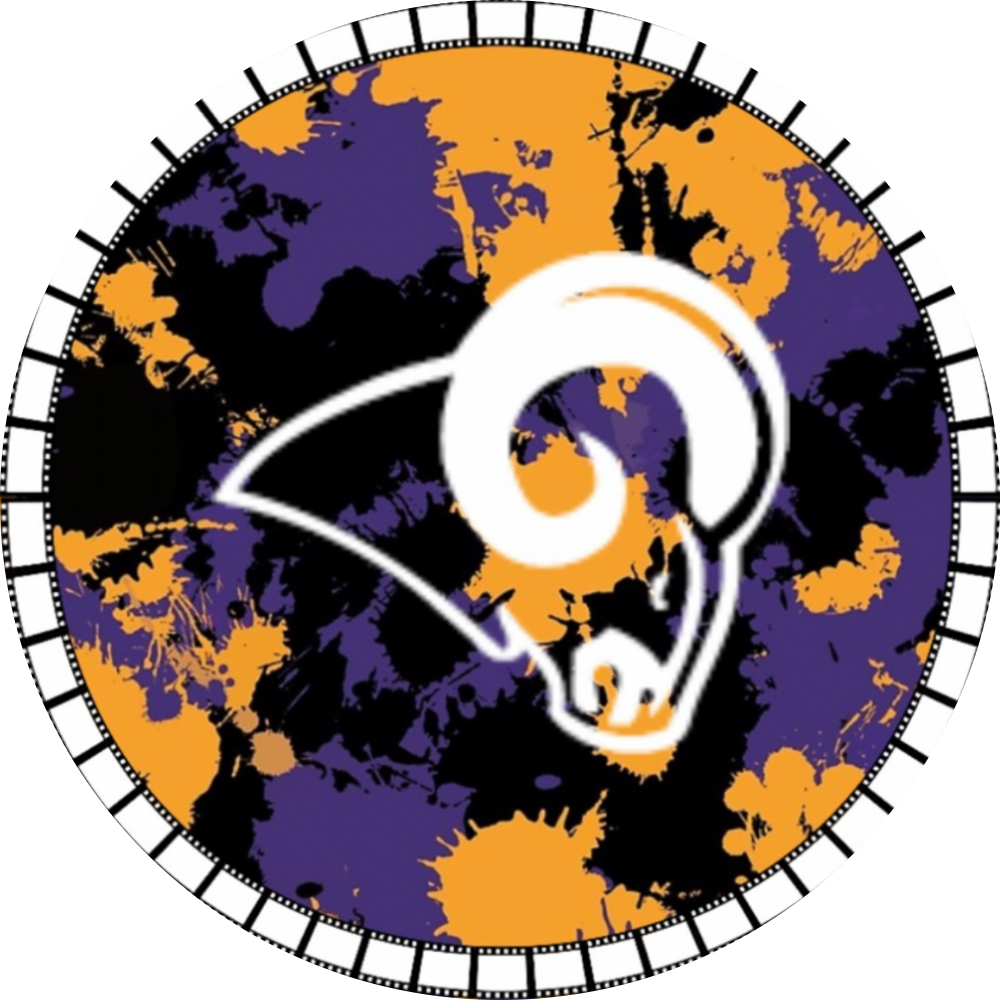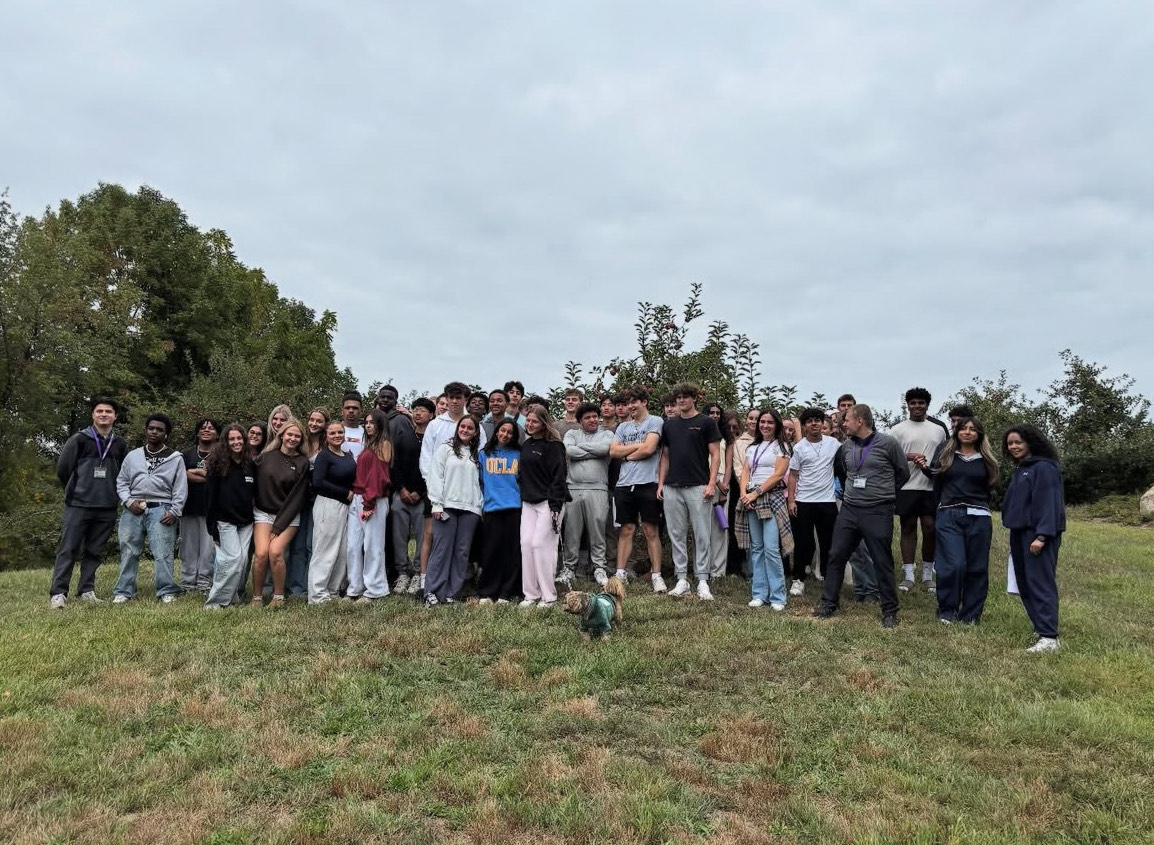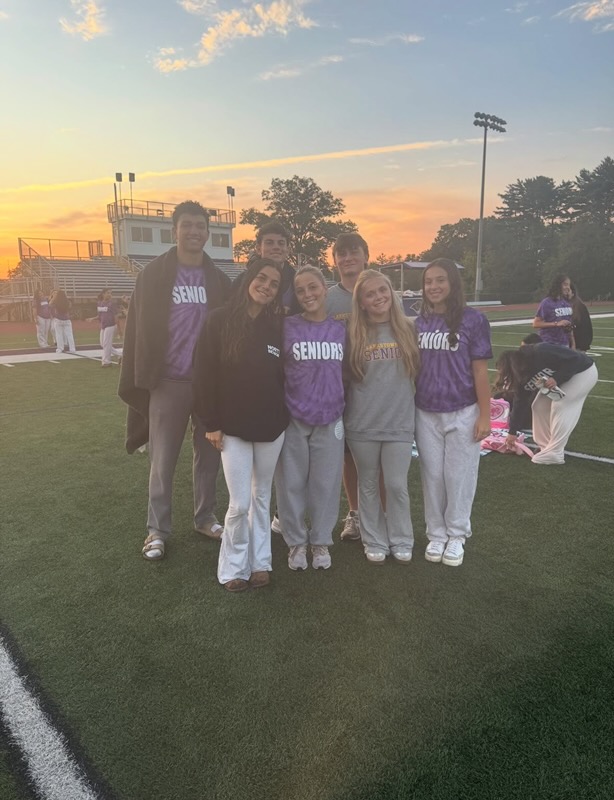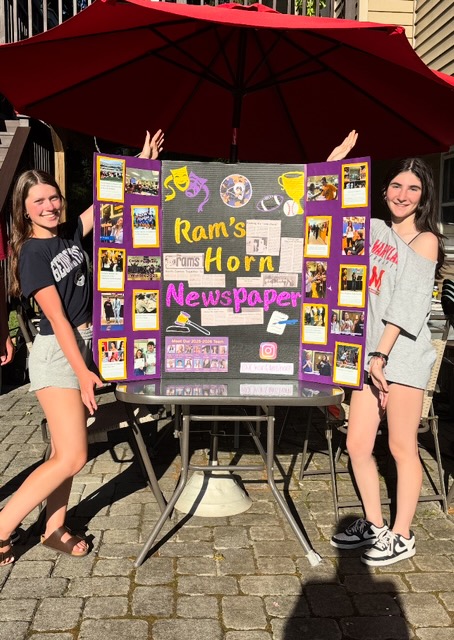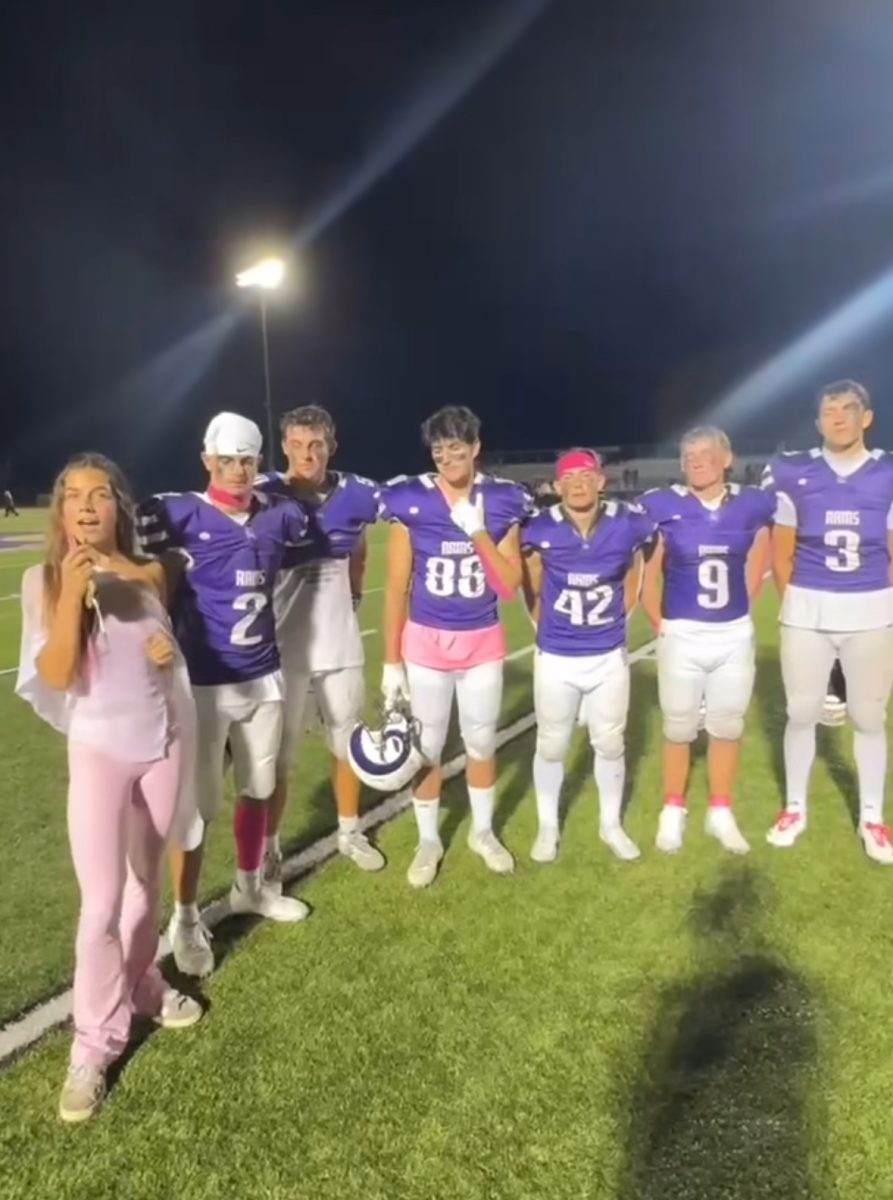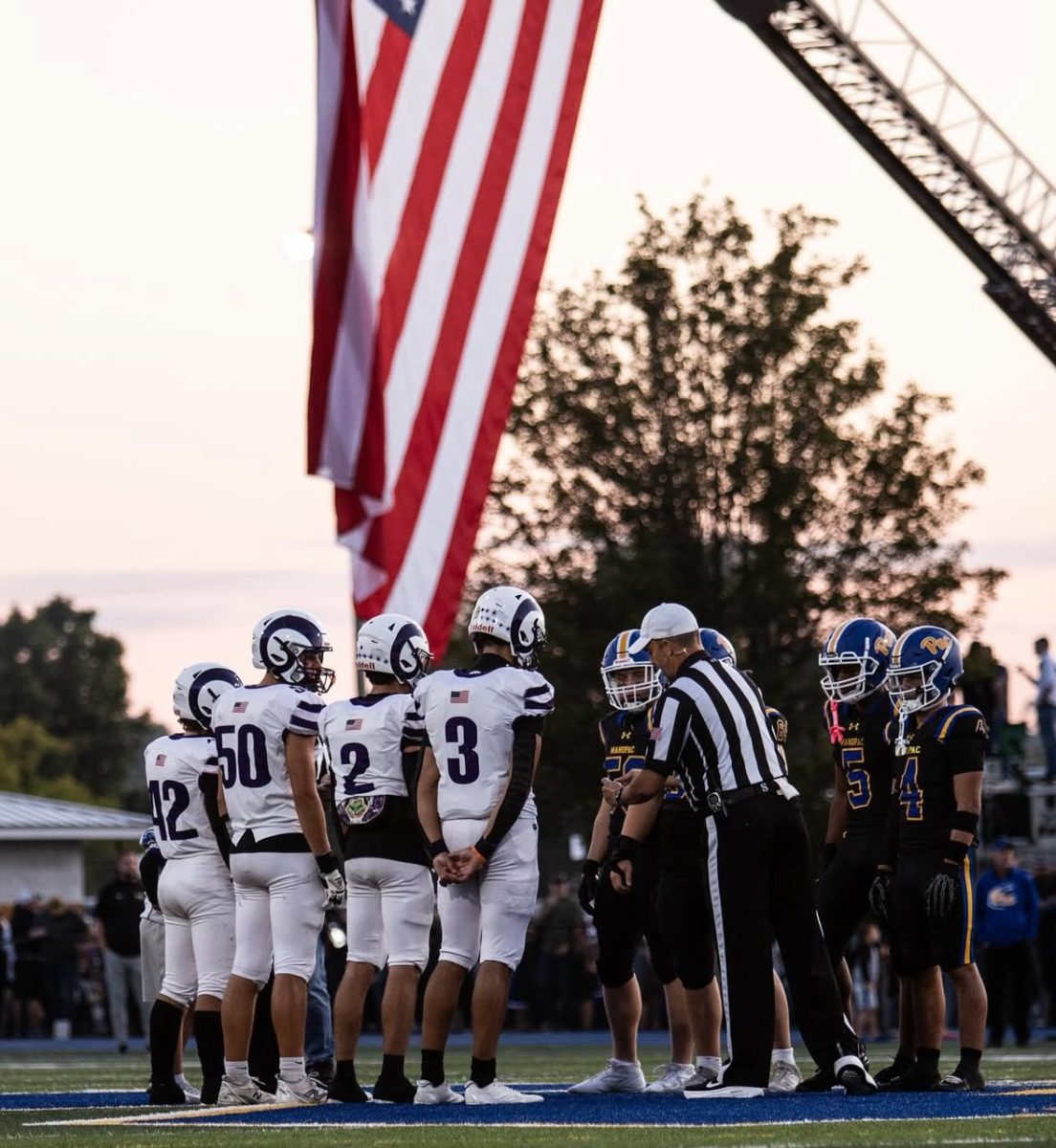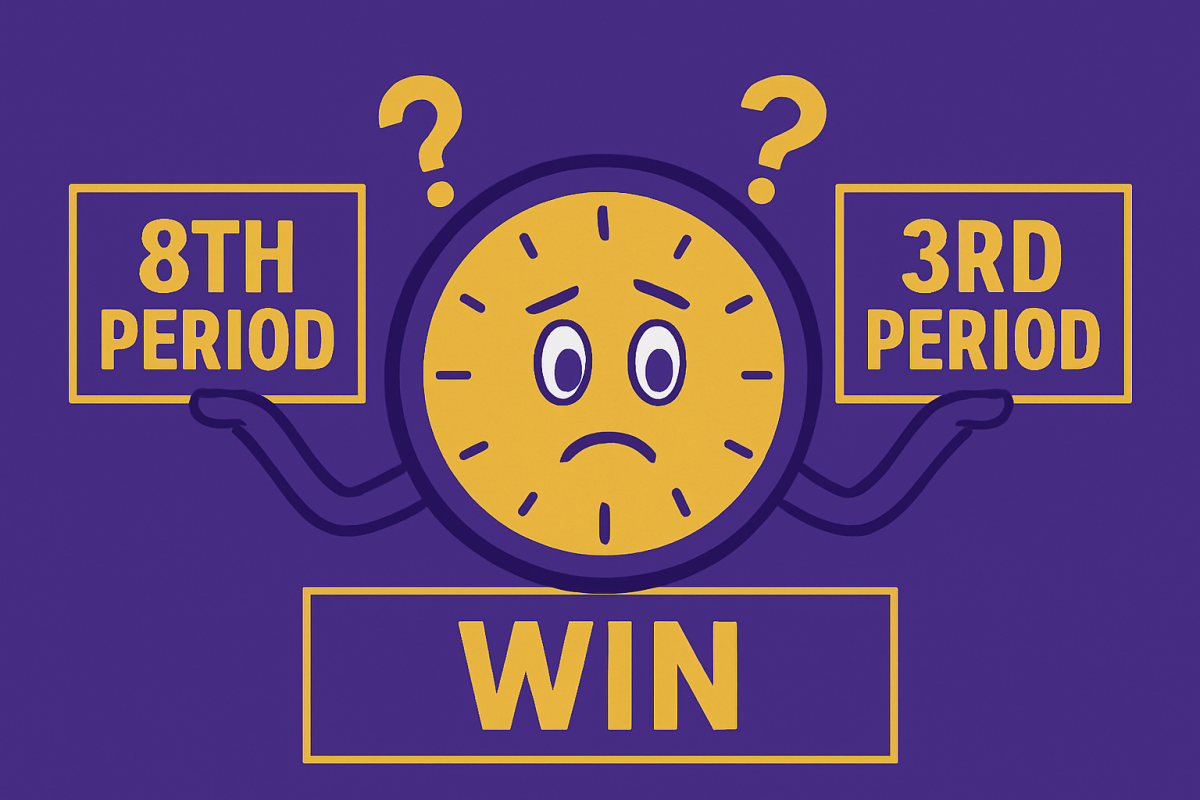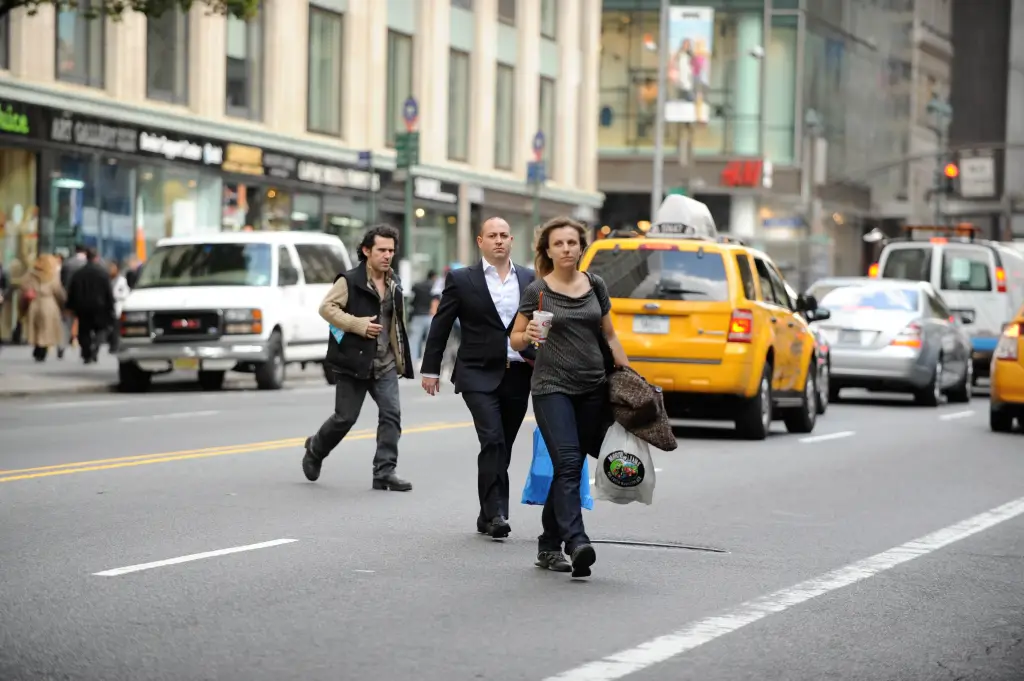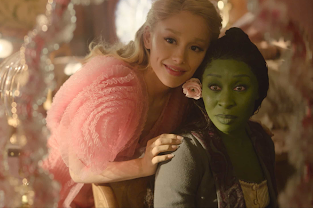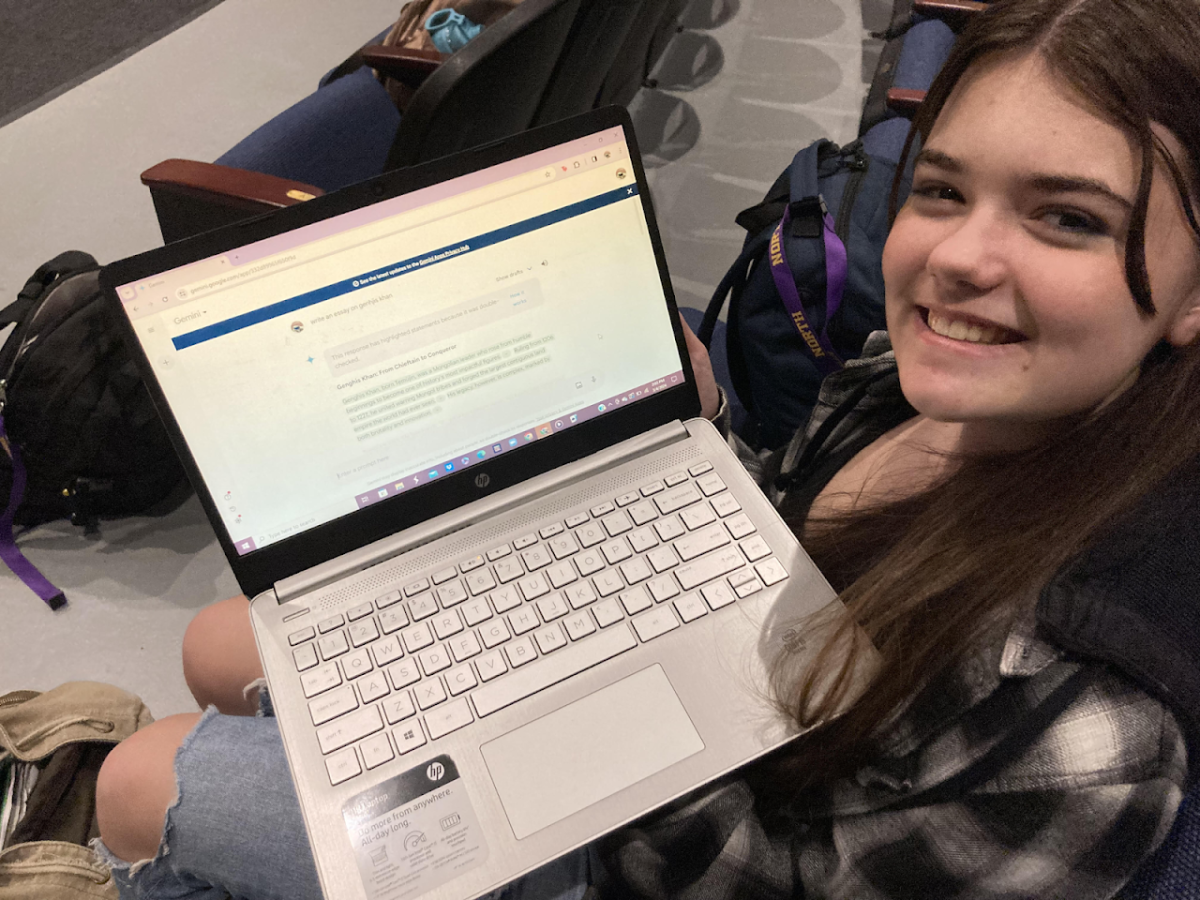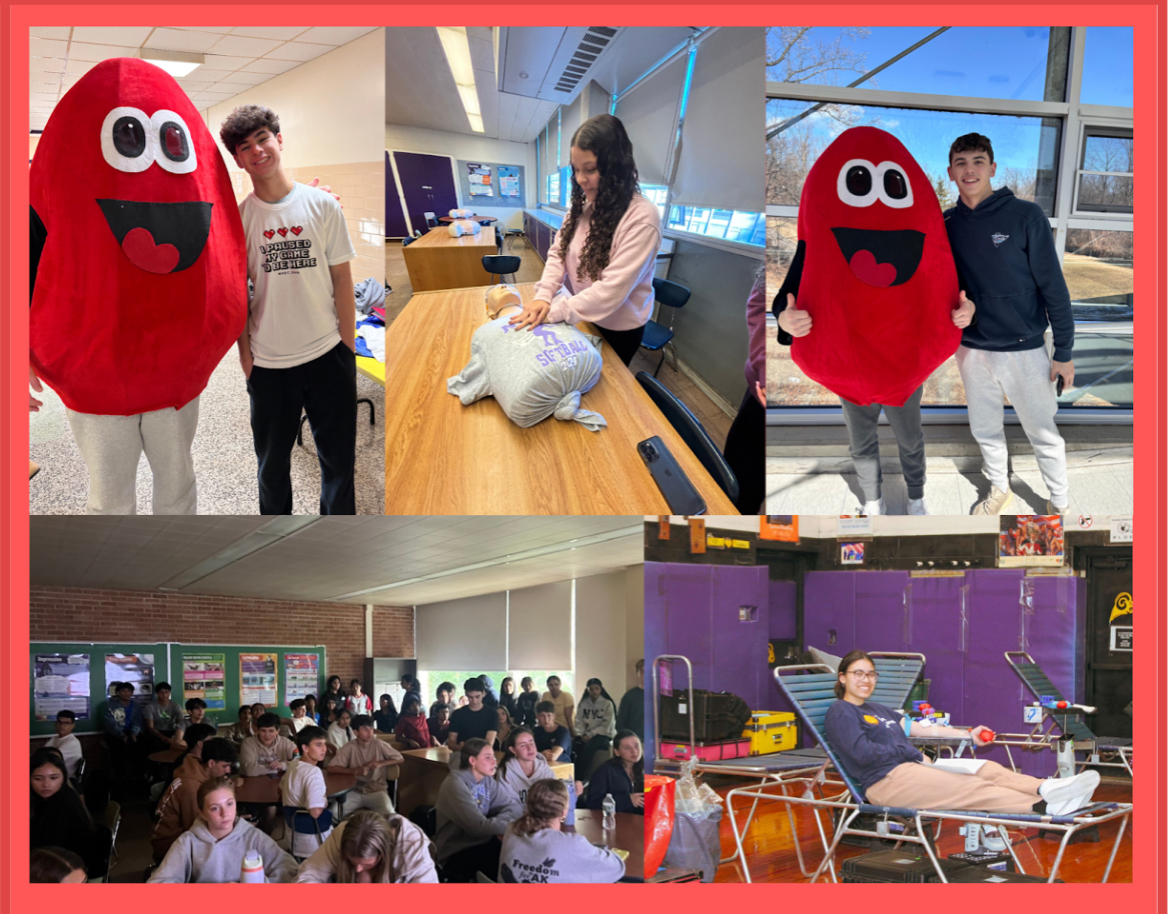“What is your name?”
A question so simple yet so complicated. Internal debates would start with a simple four-word question. Should I say my legal name or my English name? Yet, it is a question that follows me everywhere. For years, I dreaded the first day of school and whenever there were substitute teachers.
“Sh… in… Ting? Shi…ae…?”
“Here!”
I would respond faster than they could ever play the pronunciation game. Please let the embarrassment be over. Curious teachers would always add follow-up questions:
“How do you pronounce it?”
Why torture me? Not because I don’t want to share the way to say my name. It’s just that there is no way they will get it right. In a room full of people with new faces, why must this be my first impression? I never understood the beauty of having a duo-identity and the value of a name until I went to a camp.
Last summer, I went to a cultural camp for high schoolers. For the first time, I wasn’t the only one with a unique and unpronounceable name. I was in a room full of people that speak a different language and have a duo-identity, too.
“That is my Mandarin name. You can just call me Alex,” a student screamed with confidence, without a single drop of embarrassment.
How is she not embarrassed by the teacher? I hesitated to ask her directly. For the first time, I realized the person’s inability to pronounce my name is not my problem. It is not my fault or my parents’ fault for making a name that has so much meaning and blessing in a different language than English. But, it is also not the teacher’s fault, or anyone’s fault, for pronouncing my name wrong. It’s just the beauty of America. We all come from a diversity of backgrounds and have names with stories that extend beyond words on a page. I have two names that both represent me, my culture, and my family.
